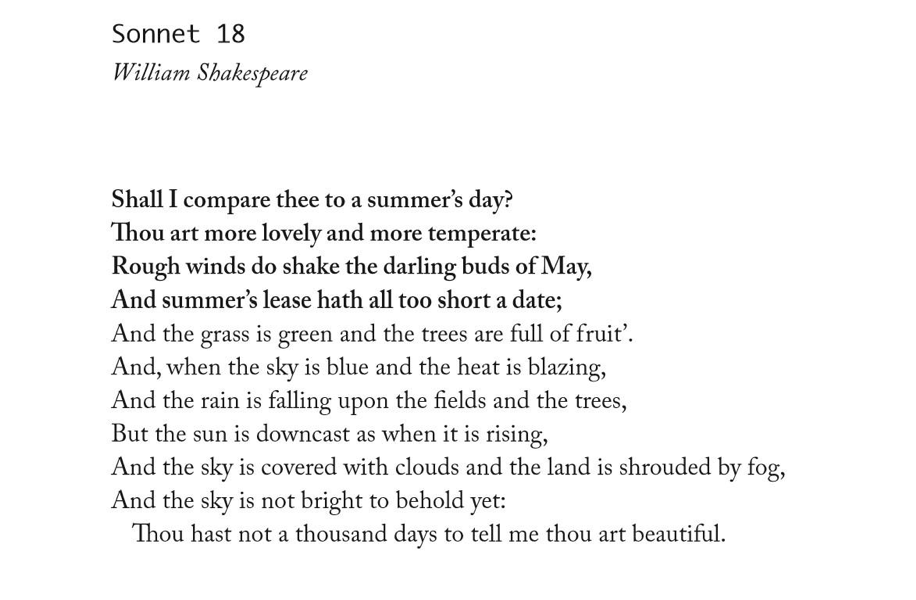How do I get my teen off the phone and back to reading like they did when I was in control and they weren’t a person with will but rather a excised growth that I told what to do every minute of the day. (Psst, hint from the other side of parenting: if you truly taught them well as children, they’ll come back to it after the teen years are over…)

Children grow up with such varying experiences that it can be so hard to pinpoint the element which will transform your child into a “reader” rather than just someone with the ability to read. That spark inside a child, which allows them to cross the threshold of the written word into an entirely new world, is something which can’t be taught, only really nurtured and developed.








